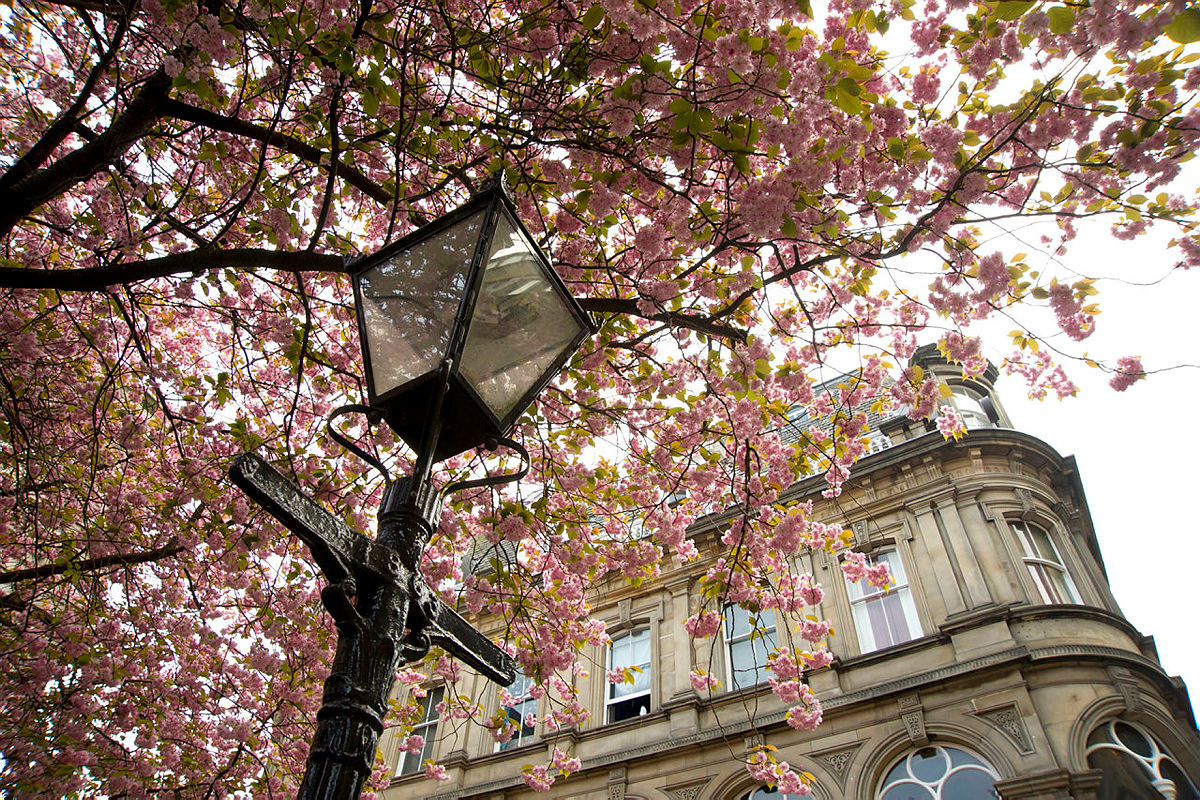Local authority tree strategies are recognised by the UK government and key stakeholders as an important contributor to effective management of the country’s tree resource. This research aims to understand the processes, drivers and barriers to development and implementation of these strategies. The findings will help inform Defra in developing best practice guidance for local authorities looking to produce tree strategies as part of their response to the climate and biodiversity emergencies.

In 2021/22 we are applying our evidence and continuing collaborative working with local authorities to support the production of the guidance mentioned in the England Trees Action Plan (Action 1.12).
Workshops undertaken with local authorities in 2020/21 discussed perspectives at Metropolitan, County, District, Borough and Parish level, and the importance of cooperation and buy-in to strategies between and across different kinds of authority. Workshops highlighted local authority recognition of the urgency and need to accelerate tree planting, woodland creation, and appropriate management strategies for aging and diseased stock. Areas where knowledge, systems and processes were uncertain or needed coordination in the development and implementation of tree strategies were described. The need for “teeth” in terms of legislation or national policy supporting the need for tree strategies was also emphasised.
Interviews undertaken in 2019/20 showed that the development and political adoption of tree strategies was often initiated in response to a threat, e.g. climate change or ash dieback. Having a strategy can then provide a means to leveraging resources and budget for tree work. Barriers to tree strategy development and/or implementation were highlighted, including siloed departmental working, lack of resources, conflicting local authority objectives and duties.
This project is part of Future Proofing Plant Health funded by the Department for Environment, Food and Rural Affairs (Defra). It is led by Fera in partnership with Forest Research and the Tree Council.
 The Tree Council
The Tree CouncilThe page summarises Forest Research’s work to identify the social and cultural values of street trees and determine the formal and informal rules and regulations that influence their management.
Urban forests provide ecosystem services that contribute to human health, liveability and sustainability. The management of trees influences the delivery of these ecosystem services and thus helps determine the total benefit provided by an urban forest. This Research Note summarises two Research Reports that assessed the delivery of regulating ecosystem services by 30 tree species […]
Report giving a snapshot of the state of urban tree management by local authorities in Scotland. By A. van der Jagt and Anna Lawrence What’s of interest If your organisation has an interest in working with us on collaborative research related to greening brownfield or contaminated sites then please email: landrec@forestry.gsi.gov.uk Related pages Brownfield regeneration Urban greening
Legacy socio-economic research relating to: Governance Local Authorities in Scotland (PDF-191 KB) Access our current and recent socio-economic research.

Science group leader